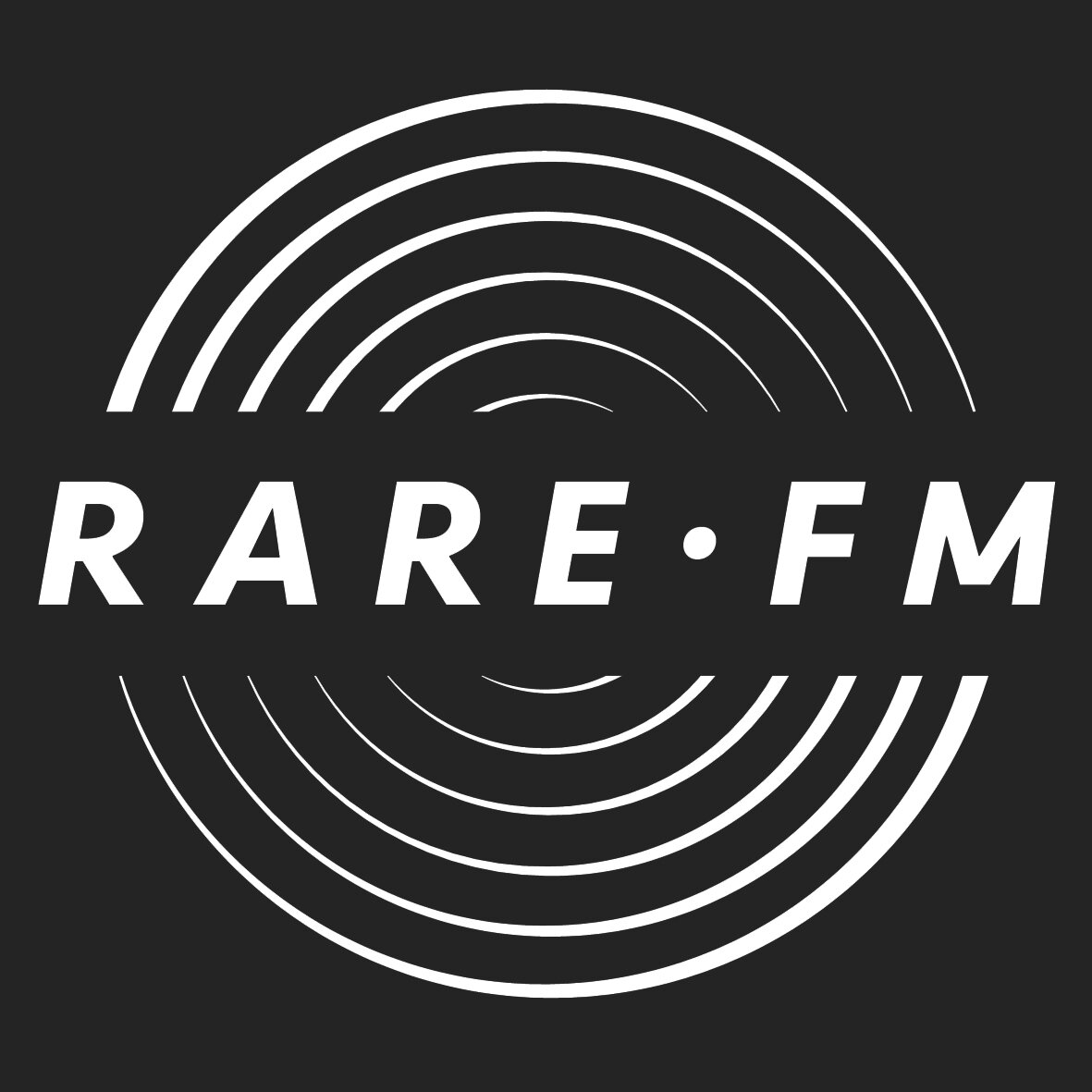Music, Memory and Me
By Katie Lauren Ward
Music has always been an integral part of my life. My mum plays multiple instruments, my grandad is a retired vicar who composed original hymns for churches, and my dad is a music historian. I went to my first concert when I was 5 years old (The Monkees) and I don’t remember a time growing up when there wasn’t music playing in the house. Whilst my circumstances are fairly unique, I imagine the experience of growing up surrounded by music isn’t and so this article serves as a love letter to music, the memories it has given me, and the power it has.
When I was around 4, I was given a hot pink iPod by my parents. Being a music historian, my dad took it upon himself to preload the iPod with a range of playlists that he thought would help educate me about what he perceived to be the cornerstones of music. This included but was not limited to The Smiths, Elvis, Bruce Springstein and The Beatles. Reflecting on this now as a 19-year-old, it is incredible, if not slightly alarming, to see that my playlists today consist of mostly the same artists. I guess parents really do know best.
When I was given the authority to download my own music, I (as a child in the early 2010s) opted for Adele’s ‘21’ and Bruno Mars’ ‘Doo-Wops & Hooligans’. I quickly became obsessed with these albums, not necessarily because they were the most groundbreaking pieces of music ever created (although I would argue that they both still hold up exceedingly well) but because they were mine. I had heard them on the radio. I liked how they sounded. I downloaded them. I owned them. It was my choice. Every week in the car ride to swimming I begged my mum to put Adele on and I would sing along to every song. Whilst writing this piece, I decided to listen to ‘21’ in its entirety for the first time in years and discovered that I could still recite it almost word for word. This is a testament to the key point I am making, which is that the feelings we associate with music are so strong that it functions as a sixth sense. I can remember far more about my childhood through music than I can through any other means.
The hypothesis that music and memory are somehow inherently linked is not only being spouted by sentimental teenagers such as myself. Recent studies have shown that music therapy is one of the most effective methods at treating dementia patients (Burns and Morris, 2018). It has been noted that many dementia sufferers are able to remember their favourite songs even when most other memories have been lost. Arguably the most fascinating part of this discovery however is that although we are now aware that music can help reduce the impacts of dementia, we don’t actually know why? Scientists have theorised that it could be because music produces emotions and this process creates new neurons in the brain which can help to ameliorate memory, but ultimately there is currently no agreed upon consensus. Another adjacent theory is that the social experience of sharing and listening to music with friends and family improves quality of life for dementia sufferers rather than just the music itself triggering memories.
Regardless of the cause of this phenomenon, there is now existing scientific evidence to prove the long-lasting impression that music makes on the brain and how powerful musical memories can be. When we consider this, it is clear to see why music is such a vital part of my life and the lives of so many others.
Sources Cited:
Burns, A. and Morris, S. (2018). NHS England» Music and dementia: a powerful connector. [online] England.nhs.uk. Available at: https://www.england.nhs.uk/blog/music-and-dementia-a-powerful-connector/.

